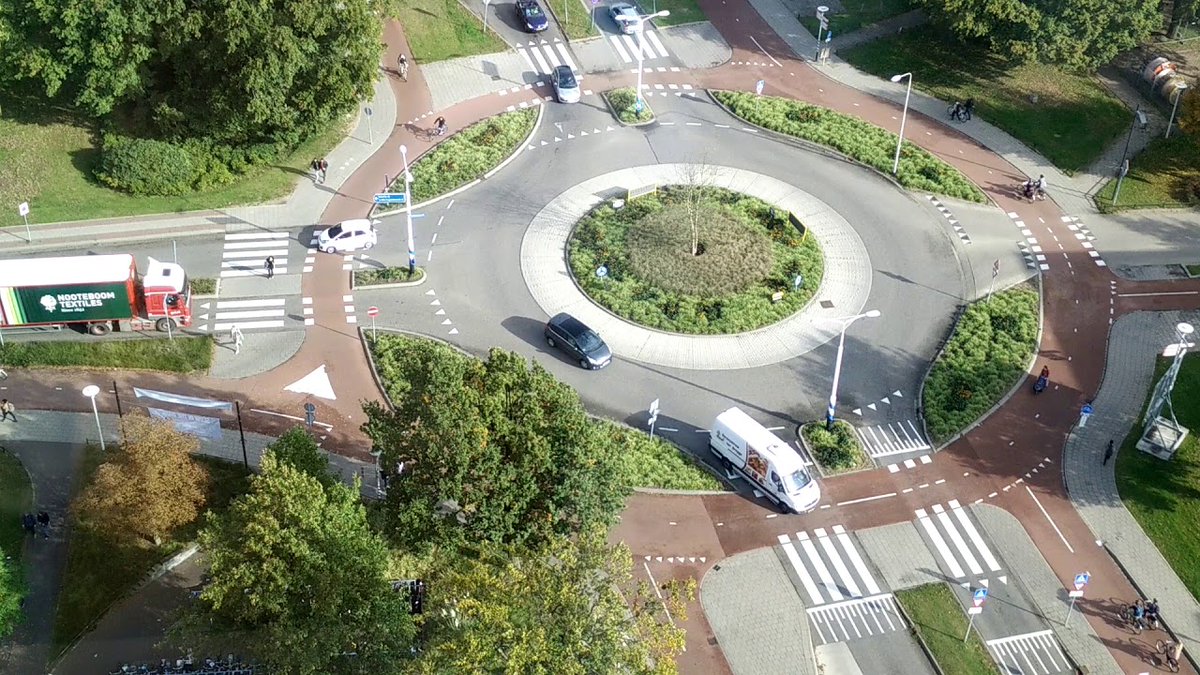I want to argue in favor of road engineers that too often get treated as psychopath or inherently evil human being by many advocates, arguing that the way street space is designed is a systemic problem of policy and teaching and not a psychological or moral issue.
Let me explain
Let me explain
It is perfectly correct and somehow part of a necessary confrontation to argue vehemently against the current practices of road design in NA (or elsewhere). But it is not correct to stigmatize a whole profession as corrupt or mentally ill, as I& #39;ve seen way too often here.
Have we asked ourselves what is taught in the typical educational curricula of a road planning engineering bachelor? Do we know how this professional field, that shapes so many of the decisions about how our streets are built, debates safety problems or the place of cycling?
Do we think that the wonderful and sophisticated street design the Dutch developed over time has been drawn by "the people" or by engineers? The advocacy movement helped the local professionals to develop and internalize within the formation curricula the importance of biking
But it& #39;s the internal reflexivity of the local professional field that gradually helped normalize this approach into policies, norms AND, more deeply, in ways of doing, thinking, teaching within the university curricula overtime. And engineers were an active part of this movement
Professional cultures are not monolith, but they tend to have a common zeitgeist that evolves over time. The "typical" US planner of the 2020s has a very different view of his colleague of the 1960s regarding a very large amount of issues, from mobility, to race, to housing, etc
This is because the planning professional milieu (and the academic one) kept discussing, debating, arguing over how current practices and models should be changed to face new problems and overcome failures, and that within a broad societal debate.
We cannot hope to reform the way road space is designed AGAINST those that have potentially the skills to do it, treating them as a completely dysfunctional category. It is much more important to interact and advocate for a "modernization" of road engineering teaching curricula
Road engineers should be the closest and more powerful allies in the big cultural battle for a radical reform in the way we conceive the use and the design of street space. Shaming them is not a very good starting point to build an alliance, only a way to claim moral superiority.
Pragmatically, planners should educate themselves in road design issues to be able to interact and collaborate with road engineers, and push for more joint education programs, for planners to know more about engineering and engineers familiarize with mobility&planning issues.

 Read on Twitter
Read on Twitter



